1. Friday the 13th Brings Bad Luck
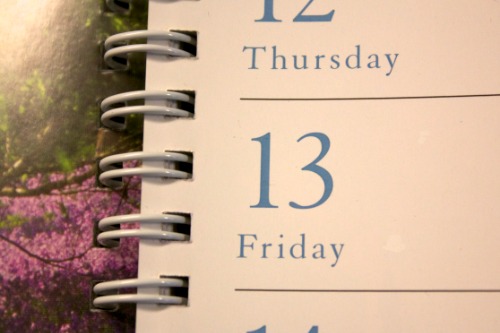
Friday the 13th has become synonymous with bad luck, and many people still avoid doing anything risky on that day, according to Brandi D. Addison of Autin American-Statesman. The fear stems from religious and historical associations—13 guests at the Last Supper, for instance, and Friday’s link to misfortune in Christian tradition. Over time, this date became so dreaded that some buildings skip the 13th floor entirely. Even today, many quietly avoid major life decisions or travel on that day.
The superstition has become embedded in pop culture, with horror films like Friday the 13th reinforcing its eerie reputation. Businesses report dips in productivity and revenue whenever the date rolls around. Whether they admit it or not, people tend to be a little more cautious. It’s one of the rare superstitions that still alters behavior on a national scale.
2. Walking Under a Ladder
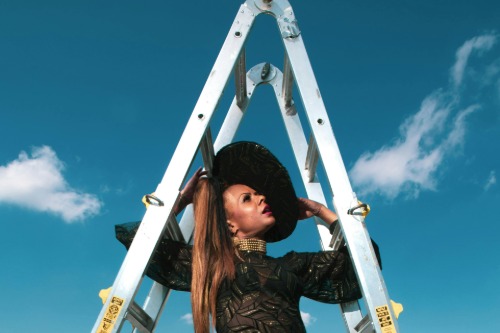
Walking under a ladder is more than just a workplace safety concern—it’s a deep-rooted superstition, Debra Ronca of HowStuffWorks explains. This belief dates back to ancient Egypt, where a ladder leaning against a wall formed a triangle, a sacred symbol not to be disturbed. Breaking that triangle by walking through it was believed to bring misfortune. The idea persisted through medieval times and into modern culture.
Today, even people who don’t consider themselves superstitious often walk around ladders. Some do it out of habit, others “just in case.” The belief may be irrational, but the instinct remains strong. When it comes to bad luck, few are willing to take the risk—even for something as simple as a shortcut.
3. Breaking a Mirror Brings Seven Years of Bad Luck
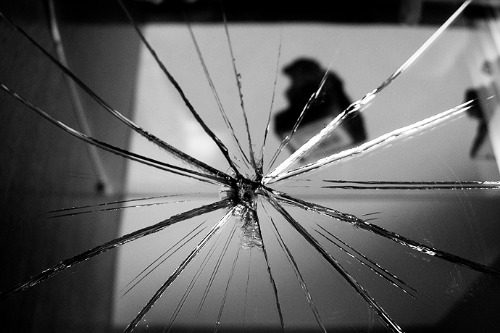
The superstition that breaking a mirror brings seven years of bad luck has surprisingly ancient roots, according to Barry Markovsky of the University of South Carolina. Ancient Romans believed that mirrors reflected not just your image but your soul. Damaging your reflection was thought to damage your spirit, cursing you with misfortune. The seven years came from the idea that life renews itself in cycles.
In modern times, people still treat mirrors with unusual care. Some even perform little rituals—like burying the shards or rinsing them in water—to undo the curse. It might sound silly, but the anxiety that follows a shattered mirror is very real. Most people would rather not tempt fate over a broken reflection.
4. A Black Cat Crossing Your Path Means Trouble
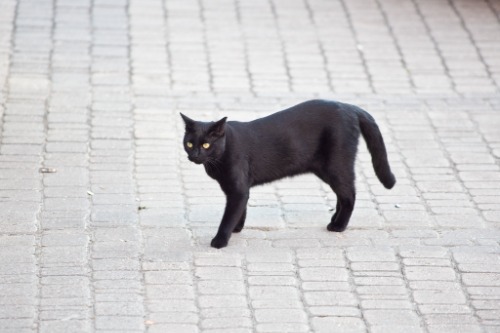
Despite their charm, black cats continue to carry a heavy burden of superstition. In medieval Europe, they were often linked to witches and the occult, which led to centuries of negative folklore. The belief that a black cat crossing your path brings bad luck still lingers today. It’s an idea that stuck, especially in American culture.
Even modern pet adoption centers report lower adoption rates for black cats, especially around Halloween. Some people avoid them entirely or feel uneasy when they see one on the street. Interestingly, in other cultures black cats are seen as symbols of good luck. But in the U.S., the shadow of superstition still follows them.
5. Knocking on Wood
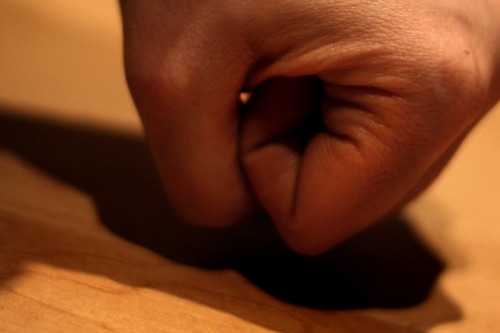
Saying something hopeful and immediately following it with a quick knock on wood is almost second nature to many Americans, according to Chris Snyder of Business Insider. The practice comes from ancient pagan beliefs that spirits lived in trees and could be either helpful or harmful. Knocking on wood was thought to summon protection or keep evil spirits at bay. Over the centuries, the spiritual reasoning faded, but the ritual stayed.
Today, even skeptics tap a table or desk when they speak optimistically. Some even insist on using real wood instead of synthetic materials. The ritual is so ingrained that most people don’t stop to question it. It’s a simple gesture that offers a strange but comforting sense of control.
6. Opening an Umbrella Indoors Brings Bad Luck
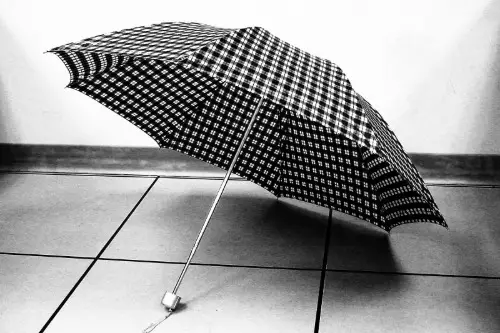
Opening an umbrella indoors might seem harmless, but it still triggers alarm in many households. This superstition has its roots in ancient Egypt, where umbrellas symbolized protection from the sun god. Opening one inside was considered an insult to the deity. In more recent history, spring-loaded umbrellas in Victorian England were hazardous in tight quarters—adding a practical layer to the belief.
Despite better umbrella design today, people still hesitate before opening one indoors. Some do it quickly and nervously, as if trying to avoid the universe’s attention. Others flat-out refuse, passing the umbrella outside before opening it. Whether driven by myth or manners, this superstition quietly persists.
7. Tossing Spilled Salt Over Your Shoulder

Spilling salt has long been considered unlucky, but tossing a pinch over your left shoulder is said to reverse the curse. This tradition likely originated from the days when salt was rare and valuable—wasting it was not just bad luck but also economically foolish. Leonardo da Vinci’s painting of The Last Supper even shows Judas knocking over a salt cellar, reinforcing its link to betrayal. The devil was believed to linger over the left shoulder, and throwing salt there was a way to blind him.
Today, people still follow this ritual almost reflexively. You’ll see it done in kitchens, diners, and restaurants across America. Some even joke about it but still go through the motion, just to be safe. It’s a superstition that combines history, religion, and a touch of drama.
8. Picking Up a Penny for Good Luck
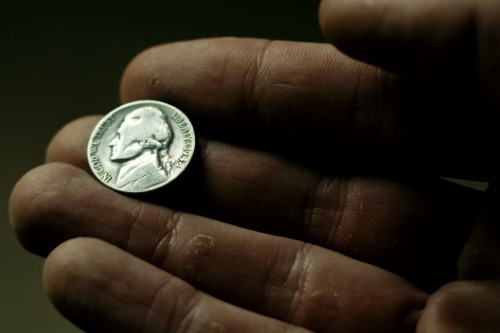
Many Americans still pick up stray pennies off the ground, especially if they’re facing heads-up. This belief in pennies bringing luck likely stems from old sayings and the once-valuable copper they were made from. According to the rhyme, “Find a penny, pick it up, and all day long you’ll have good luck.” But if it’s tails-side up, some people believe it’s better to leave it be.
Even though pennies are nearly worthless today, the habit continues. People flip over pennies for the next person or carry one as a good luck charm. Some even attribute small wins or good days to that lucky penny. It’s a superstition that turns pocket change into a personal talisman.
9. Itchy Palms Mean Money is Coming

An itchy palm is more than just a skin issue—it’s a signal from the universe, according to folklore. The superstition holds that an itchy right palm means money is coming your way, while an itchy left palm means you’ll lose some. The belief may have started in Europe, where body sensations were often interpreted as divine messages. Despite its oddness, many people still mention it with a hopeful tone.
You’ll often hear someone say “I must be getting rich” when they scratch their hand. Some even avoid scratching the itch, thinking it’ll stop the money from arriving. While there’s no science behind it, the idea persists in casual conversation. It’s one of those playful beliefs that adds a little fun to everyday discomfort.
10. Saying “Bless You” After a Sneeze

Saying “Bless you” after a sneeze is almost automatic in American culture. The practice originated from the belief that sneezing could release your soul or invite evil spirits in. During the plague in Europe, Pope Gregory I encouraged the blessing as a form of protection. Over time, the religious reasoning faded, but the custom stuck.
Today, not saying “Bless you” can feel awkward or even rude. Some people still believe it’s bad luck to ignore a sneeze entirely. Others see it as a sign of politeness, much like holding the door for someone. Either way, this centuries-old practice shows no sign of disappearing.
11. The Number 666 is Evil

The number 666 has been feared for centuries, largely due to its mention in the Bible’s Book of Revelation as “the number of the beast.” It’s become a shorthand for evil or bad omens, leading many people to avoid it entirely. Some hotels and office buildings skip the number altogether, just like they do with 13. Others refuse to accept it on receipts, addresses, or phone numbers.
Even those who don’t follow the Bible often find the number unsettling. People will go out of their way to avoid it in daily life. Adding an extra item to change a $6.66 bill is surprisingly common. The number’s eerie legacy continues to influence everyday decisions in subtle ways.
12. The Curse of the Broken Wishbone
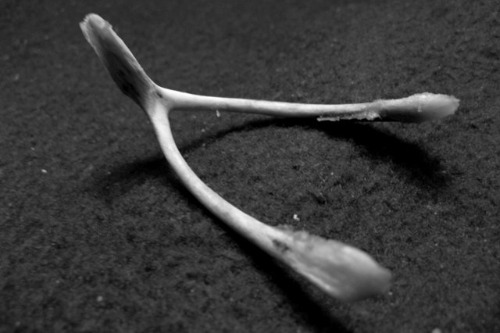
Breaking a wishbone is a time-honored American tradition, especially during Thanksgiving dinner. The ritual involves two people pulling on the ends of the dried wishbone while making a silent wish. Whoever ends up with the larger piece is believed to have their wish come true. But if the bone breaks unevenly or into pieces, it’s considered bad luck.
People still take the practice seriously, drying the bone properly to ensure a clean snap. Some even develop strategies for how to grip and pull to increase their odds. The superstition adds a playful element to family gatherings. Whether or not wishes are granted, the excitement around the wishbone endures.
13. Birds Flying Into a Window is a Bad Omen
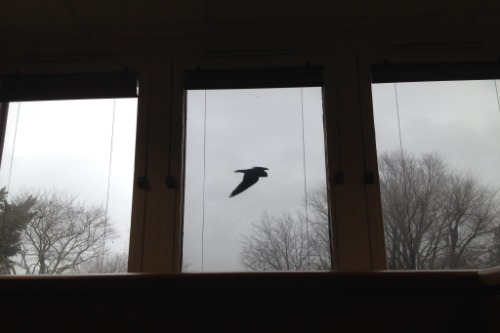
A bird flying into your window is a jarring experience—and one that carries eerie superstition. Many people believe it’s a sign of incoming death or misfortune, a belief rooted in old European folklore. Birds were once thought to be spiritual messengers, and an unexpected visit was never a good sign. Certain birds, like crows or owls, add extra weight to the omen.
Even today, people feel unsettled when this happens. Some may burn sage, play loud music, or say a quick prayer to ward off any bad energy. Others brush it off but still feel a chill in the air. It’s one of the darker superstitions that continues to send shivers down spines.


